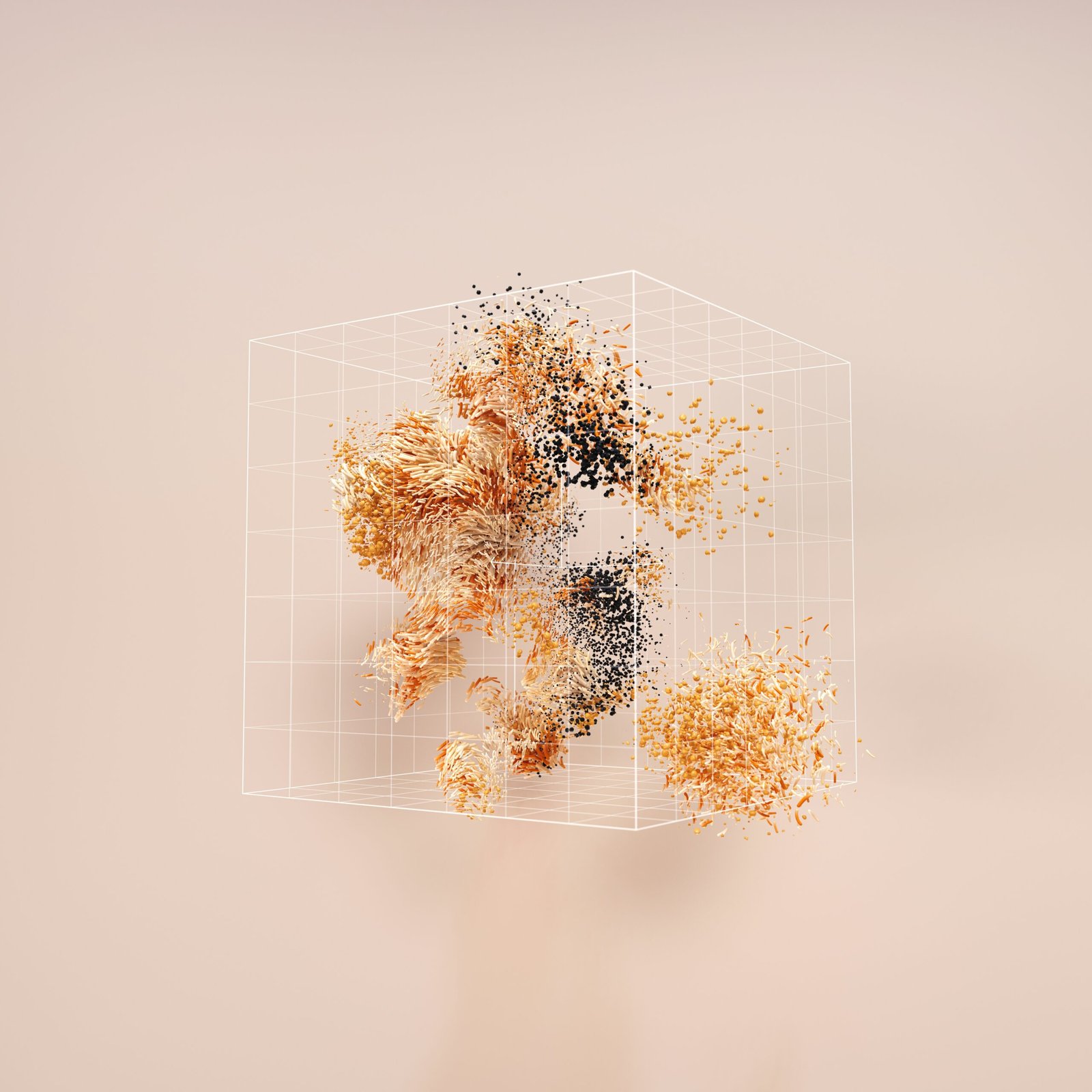The next technological revolution is right at the corner, and artificial intelligence (AI) is at the forefront of it. Tech companies are in a race to create state-of-the-art AI hardware that would enhance their mega projects. The parent company of Facebook, Instagram, and WhatsApp, Meta, has officially joined the race to create AI hardware after designing its proprietary AI accelerator. This shift is aimed at decreasing the company’s dependency on Nvidia, a leader in AI chip manufacturing, while simultaneously increasing Meta’s AI capabilities.
Nvidia’s dominance in the AI technology sector begs the question: how does this development influence the AI industry, and can Meta challenge Nvidia’s sophisticated AI chips? With social media, the metaverse, and enterprise applications running AI algorithms, it is without a doubt that an investment in AI hardware will prompt an unprecedented level of innovation at Meta. Let’s analyze the questions one by one.
Reason Behind Meta’s AI Chip Construction
Nvidia’s GPUs, the H100 and A100, have been Meta’s go-to for years as they facilitated the training and deployment of AI models for content recommendation systems, ads targeting, and chatbots. With time, however, content recommendation systems became more complicated, thus more expensive to get Nvidia’s hardware due to the increase in competition.
The Primary Motivations For Developing AI Chips At Meta
- Decreased Dependency on Nvidia – With the aid of Custom AI chips, Meta is enabled to sever the connection with third parties which gives them greater power over the AI infrastructure.
- Enhanced AI Efficiency – Meta can improve power usage and AI processing output by tailor making the AI chips, enhancing AI performance.
- Reduced Expense – There will be lower costs in the future if investment is made in proprietary AI chips because running the AI workloads is costly.
- Scalability & Innovation –Increased Innovation and Growth Meta’s AI chip can serve as an anchor for AI applications that should come next like the metaverse, virtual assistants, and generative AI tools which expands scalability.
Comparing Meta’s AI Chip to Nvidia’s GPUs
Nvidia’s GPUs are the gold standard for AI computing, excelling in both AI model training and inference. Meta’s AI chip is still nascent, but it is anticipated that its primary focus will be AI inference, the execution of automated tasks with the AI models content moderation, ad personalization, and chatbots.
Meta may not come near Nvidia’s level with their in-house AI chip, but it serves as a sign that AI hardware is truly becoming the next frontier for technology companies.
Meta vs. Nvidia AI Chips Comparison
| Feature | Meta AI Chip (Prototype) | Nvidia AI GPUs (H100, A100) |
| Purpose | AI inference, optimization for Meta’s services | AI model training & inference |
| Scalability | Custom-built for Meta’s infrastructure | Versatile, used across industries |
| Performance | Still in testing phase | Industry-leading AI performance |
| Dependency | Self-reliant AI infrastructure | Third-party reliance |
| Cost Efficiency | Long-term savings | Expensive but powerful |
The Bigger Picture: AI Hardware Competition Heats Up
Meta is not alone in developing custom AI chips. Google, Amazon, and Microsoft have also built their own AI accelerators to reduce dependency on Nvidia and gain a competitive edge.
- Google’s TPUs (Tensor Processing Units) power its AI-driven products, such as Google Search and Google Assistant.
- Amazon’s Inferentia & Trainium chips are optimized for AI workloads on AWS cloud computing.
- Microsoft’s AI chips aim to enhance Azure’s AI services.
Meta’s entry into the AI chip race highlights the growing demand for specialized AI hardware, as companies seek to optimize performance while maintaining control over their AI ecosystems.
What’s Coming Next for AI Technology
- Increase in Competition – There will be innovation, more competition, and potentially lowered costs for AI hardware with the emergence of new competitor firms developing AI chips.
- Better Optimization of AI – Processing power and efficiency will increase with the customization of the AI chips for particular AI programs.
- Novel Applications of AI Technology – New possibilities in deep learning, natural language processing, and NLP automation will be made possible with advanced AI chips.
This marks another step forward in the innovation of AI by Meta, marking a shift towards independently sustainable ecosystems.
Conclusion
The decision made by Meta to design proprietary chips for AI processing aims to further defend the competitive advantage during the AI industrial revolution. On the other hand, Meta’s venture into the AI hardware sector indicates the change, while Nvidia has been leading the Ai solutions custom made processors market.
With an increasing urgency for Ai oriented solutions, efforts directed towards developing Artificial Intelligence infrastructure are sure to set the parameter of industry standards. It is not clear whether Meta H100 AI chip will stand up to Nvidia’s supremacy, but one thing is for certain: the era of the AI chip is here!
What do you think about the Meta idea to self design an AI chip? Would it stand to challenge Nvidia dominance? Probably people would venture to the comments and provide details to the discussion.


